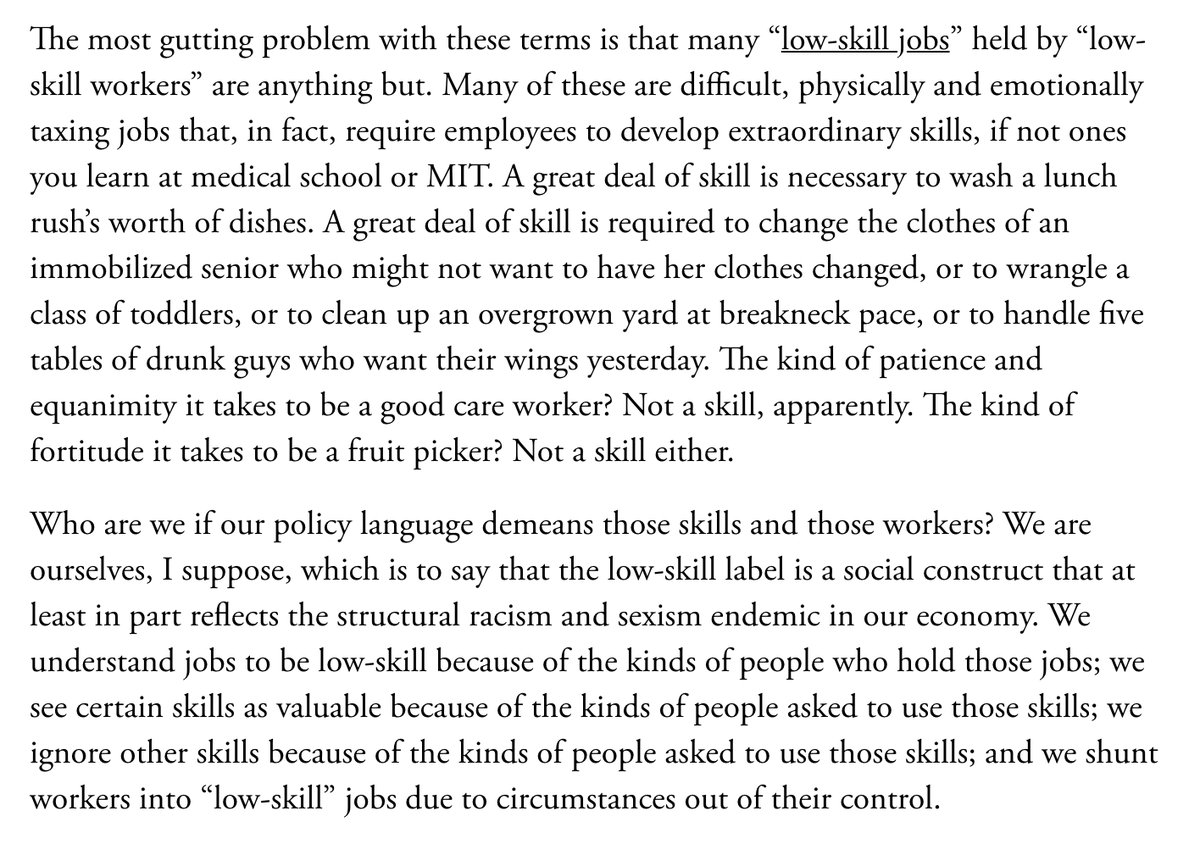
I think the path followed by electric cars over the past decade are a good way of thinking about this stupid debate about meat, and about the policy that will get us to a good outcome here.
Biden isn't going to ban meat.
He's so not going to ban meat and will be so afraid of being caricatured otherwise that I worry Democrats will err on the wrong side of this and ignore all emissions from animal agriculture, which would be devastating for climate goals.
He's so not going to ban meat and will be so afraid of being caricatured otherwise that I worry Democrats will err on the wrong side of this and ignore all emissions from animal agriculture, which would be devastating for climate goals.
So let's talk about electric cars. Go back a decade and there's a similar culture war. Real 'Muricans drive Hummers and weeny liberals drive Priuses and Volts and if Democrats win they're going to take your cool cars.
So what happened? Democrats spent a ton of money accelerating and propping up the electric car industry.
They gave Tesla a crucial lifeline in the 2009 stimulus (same program that helped Solyndra). They passed all kinds of rebates and subsidies to drive sales.
They gave Tesla a crucial lifeline in the 2009 stimulus (same program that helped Solyndra). They passed all kinds of rebates and subsidies to drive sales.
Now electric cars are awesome — thanks in no small part to @elonmusk, who has also, helpfully, made a habit of pissing liberals off with his online antics while making better and better electric cars.
So now electric cars are a status symbol, not a culture war.
So now electric cars are a status symbol, not a culture war.
Say what you will about the Cybertruck, but it's politically coded very differently than the Prius.
I don't want to get into debates about every tweet Musk has ever sent but this is just an undeniably great thing he's done. tesla.com/cybertruck
I don't want to get into debates about every tweet Musk has ever sent but this is just an undeniably great thing he's done. tesla.com/cybertruck
And because of that, Democrats are now getting more aggressive on internal combustion engines: California has banned combustion-engine cars starting in 2035.
But if electric cars weren't clearly a better technology, they couldn't do that. theverge.com/2020/9/23/2145…
But if electric cars weren't clearly a better technology, they couldn't do that. theverge.com/2020/9/23/2145…
I wrote this piece before this dumb thing about Biden banning meat started, but this kind of (totally predictable) cycle was in my head when I did it.
Don't ban meat. Supercharge the industry making the Teslas of meat. nytimes.com/2021/04/24/opi…
Don't ban meat. Supercharge the industry making the Teslas of meat. nytimes.com/2021/04/24/opi…
As I say in the first sentence: Humanity isn't going to stop eating meat. Not anytime soon, probably not ever. They're not even going to stop eating animal-based meat.
But no one really wants factory farms. No one thinks commodity meat is great.
But no one really wants factory farms. No one thinks commodity meat is great.
What we need are alternatives that are awesome. That are better, cheaper, healthier, tastier. That come in more forms and are actually things people want.
Impossible and Beyond have done a great job showing there's a market here if you can do it. But it's such early days.
Impossible and Beyond have done a great job showing there's a market here if you can do it. But it's such early days.
There's no conversation to be had about banning or taxing or undermining meat. But you can do what you did with electric cars and start helping the alt protein industry get better.
Conventional meat has had decades of subsidies and publicly funded research. Alt proteins are just getting started. They need to get better, faster, and they can.
And then, if, they do, the politics will change, because people like better products. Marketers are smart, and some Elon Musk-style player will come along and own the libs with an insanely delicious burger engineered to spurt blood every time you bite it or whatever.
And maybe what that lets you do is start removing subsidies from irresponsible meat producers, and this also makes regenerative agriculture more competitive. I'd be very happy with a world where alt proteins own cheap meat and regenerative ag is the rest of it.
We've seen this story before. Don't fight a culture war here. Just make the products better.
If Biden wants to eat a steak wrapped in another steak on national television while signing a bill with billions to accelerate alt proteins and regenerative ag, that's great.
If Biden wants to eat a steak wrapped in another steak on national television while signing a bill with billions to accelerate alt proteins and regenerative ag, that's great.
One other thing worth considering as a political strategy is going after the worst and most monopolistic practices of the major industrial ag conglomerates. Booker, Warren, Khanna, and others have a great bill to do that: vox.com/future-perfect…
The politics of being against meat are just brutal but the politics of being for farmers and against the multinational corporations exploiting them AND their animals are a lot better.
• • •
Missing some Tweet in this thread? You can try to
force a refresh




